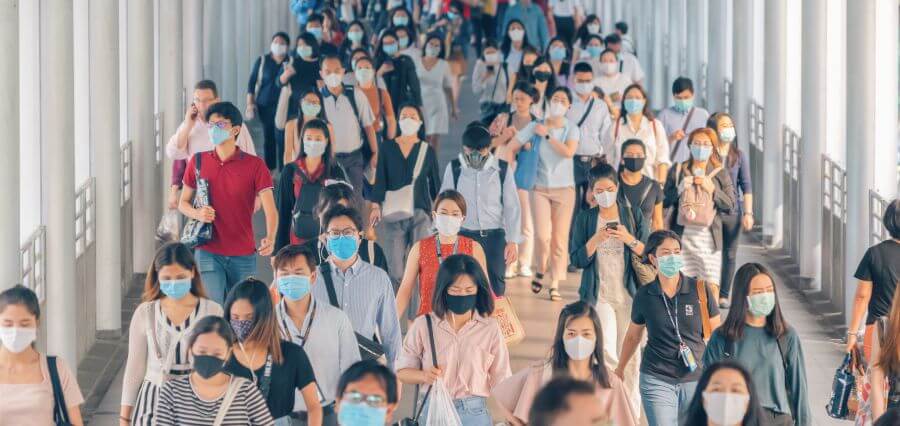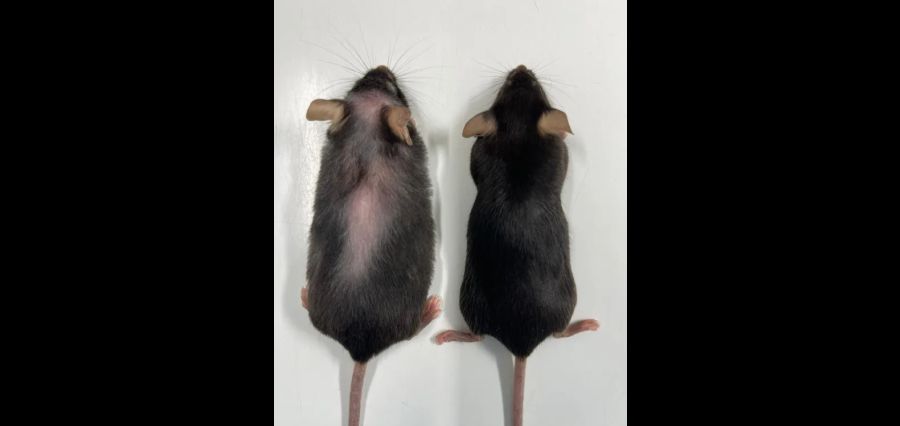In March 2020, Europe faced unprecedented challenges as the World Health Organization’s statement led to the continent shutting its borders for the first time in over 70 years. Airports, including Paris Orly, Dusseldorf, and Heathrow, saw grounded planes amid the global COVID-19 pandemic, causing widespread immobility and quarantine measures.
European Commissioner Stella Kyriakides, a senior official, faced the crisis just a year into her term. Prior to her role, she had focused on projects related to child sexual abuse and had a long-standing involvement in breast cancer advocacy. When asked about the EU’s post-pandemic situation, Kyriakides emphasized the need for caution and vigilance, acknowledging the virus’s continued presence and evolution.
Member states’ commitment to healthcare-related measures through national Recovery and Resilience Plans totaled over €43 billion, demonstrating a significant investment prioritizing health in the EU.
The EU’s collective vaccine procurement, although providing broader access, raised questions about the methods used. Kyriakides viewed it as a testament to the strong spirit of cooperation developed during the pandemic, leading to the inception of a European Health Union. The Vaccines Strategy, a crucial aspect of this union, showcased the EU’s collaborative approach to health challenges.
Reflecting on the pandemic and her extensive medical history, Kyriakides highlighted the potential of mRNA technologies. The mRNA vaccines, a scientific and industrial endeavor made in Europe, played a pivotal role in developing lifesaving COVID-19 vaccines and demonstrated adaptability to different variants. Kyriakides emphasized the adaptability of mRNA technology for personalized medicine tailored to individual patient needs, drawing parallels with its earlier applications in cancer research.
While acknowledging the need for further research, the commissioner pointed to promising signs, with vaccine manufacturers exploring mRNA vaccines for cancer based on the successful COVID-19 vaccine model. The EU’s experience during the pandemic has prompted a redefinition of health policy, turning challenges into opportunities for progress and innovation.
Read More: https://eurohealthleaders.com/








